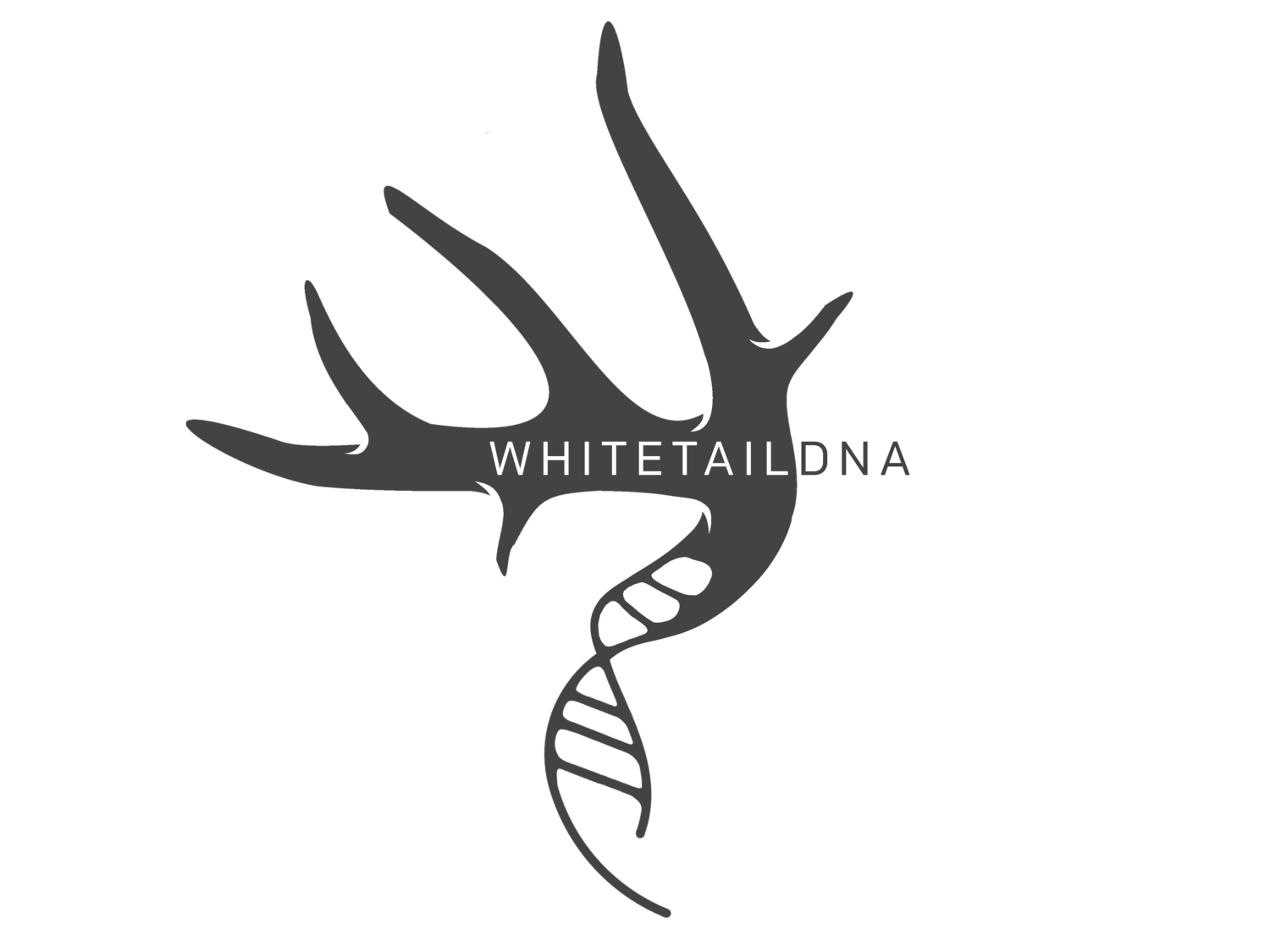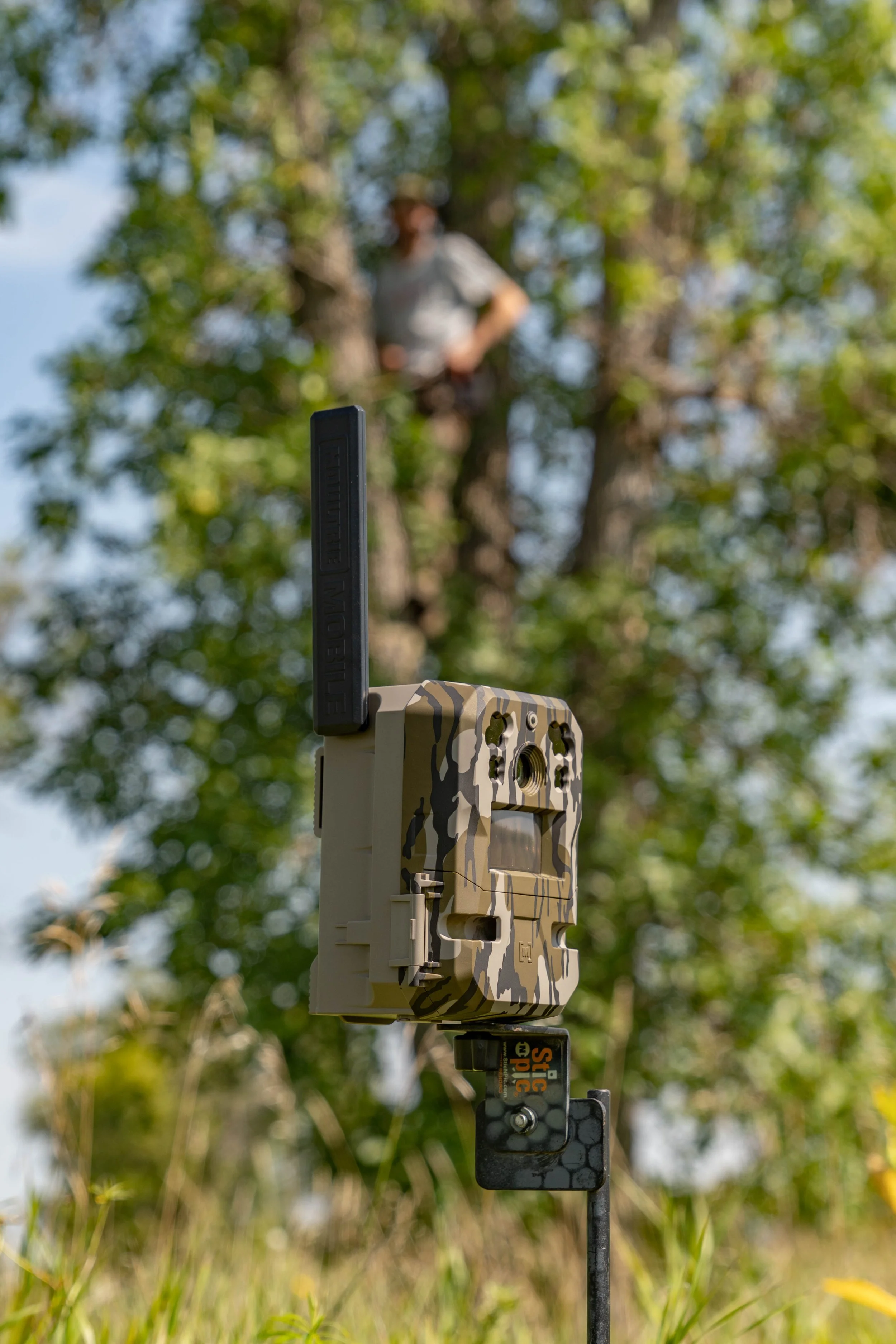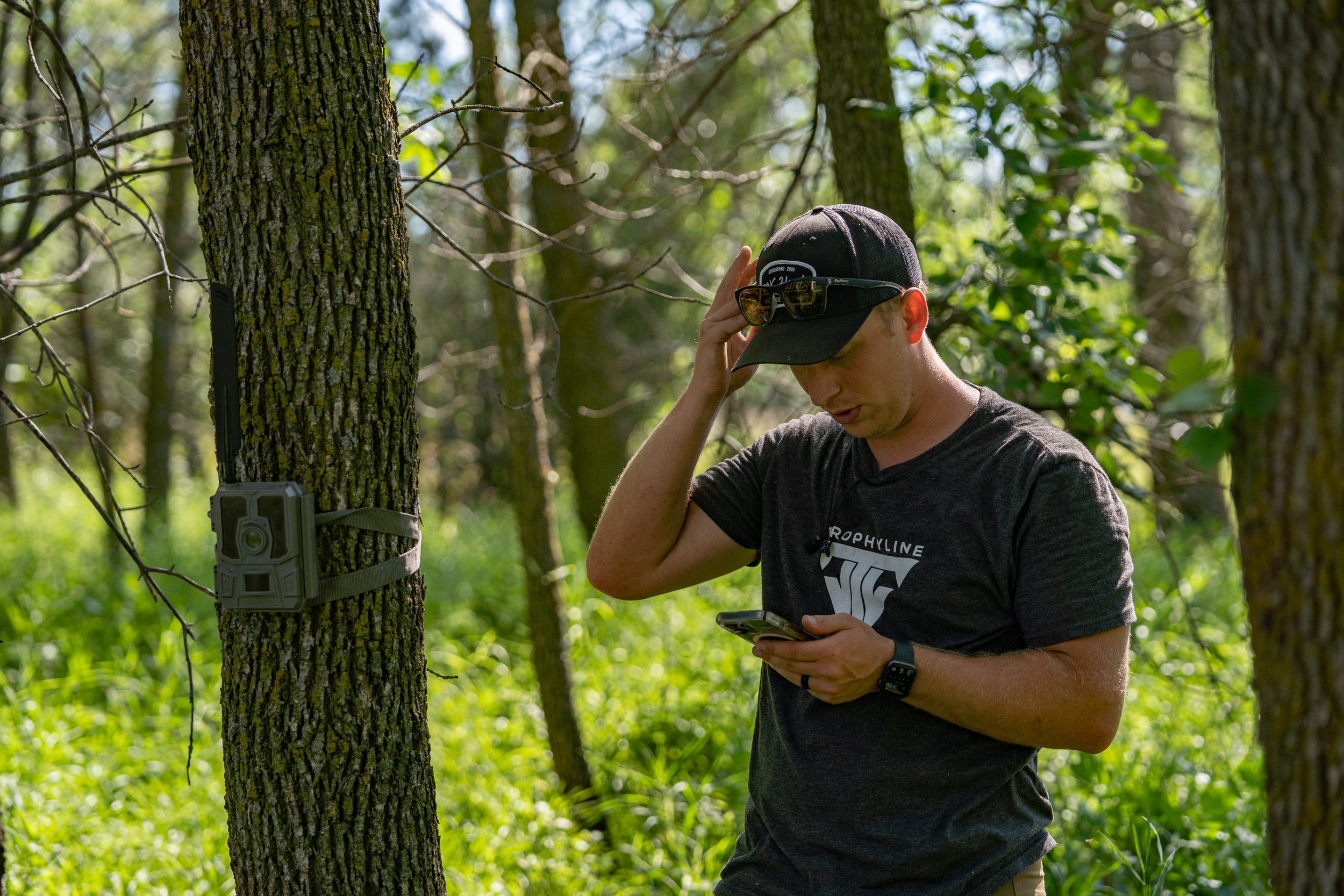By Alex Comstock
When it comes to whitetail hunting, no matter what kind of area you are hunting, optics are very important. Whether you’re hunting wide open areas or even thick timbered woods, having a good pair of optics can be very important. Today, we’re going to talk with Erik Barber of Vortex Optics about quality optics and why they can help you when it comes to deer hunting.
Q: When it comes to binoculars, what’s your go to for whitetail hunting? Why do you like these so much?
Erik: Personally, I love the Viper HD 10x42s. The 10x42 configuration is versatile enough to be equally at home in the whitetail woods as it is out west scanning for mule deer. The Viper HDs are a great “bang for your buck” in terms of performance and affordability – you’re getting a great mix of optical performance for a price that’ll allow you to put more money towards licenses or other gear you’ll need.
Q: I think sometimes people get binoculars confused with only being a long-distance tool. How can binoculars also be of help in timber and areas where you can’t see as far?
Erik: They’re a great tool for still hunting, especially. To kill a bedded buck, you’ve got to be able to see it. If you don’t see your target before it sees you, you’ll likely blow it out of its bed and it won’t offer a shot. If you’ve got the patience, this can be an effective and exciting way to deer hunt.
Q: What’s the most important part of a good pair of binoculars to you? Why do you find this so important?
Erik: Optical quality trumps everything else. This stands for western hunters who spend countless hours behind their glass and whitetail hunters who don’t rely on them as much. A high-quality optical system will gather more light and provide much more detail.
Photo: Erik Barber
Q: I think a major thing that stands out to me with quality optics is the ability to see so much more in low light conditions. Would you agree with this statement, and if so, can you explain why this can be crucial to a whitetail hunter?
Erik: Low light performance is definitely an important consideration. Most movement can be expecting during the waning hours of daylight, so being able to identify targets at that time is crucial. Whitetail hunters, especially those hunting in heavy timber, benefit from this because light diminishes much faster there than in open landscapes.
Q: Another important piece of optics for whitetail hunters is a rangefinder. Just as we did with binoculars, what’s most important to you when it comes to a solid rangefinder?
Erik: I’m obviously biased, but I love a red illuminated reticle. If you’ve ever used a black reticle during low light conditions, you probably know the struggles of making out the number. A red illumination provides instant readouts, especially when light is fading and you’re ranging inside the timber. Another critical consideration is angle compensating, which almost all modern rangefinders have.
Q: How can a quality rangefinder help someone out more, opposed to a lower end one? Essentially, why should someone spend a little more money on a rangefinder? What can the differences be?
Erik: The major consideration with a rangefinder is how fast and consistently it provides readouts. Higher end models will range to the nearest tenth yard, which is especially helpful for bowhunters. Also, look for something that allows you to implement different ranging modes, like the ability to scan and range or range through brush to identify prominent targets that might be covered up by a few small branches.
Photo: Erik Barber
Q: As a parting piece of advice, you’ve got two sentences to tell someone why optics are a crucial part to whitetail hunting. What do you say to them?
Erik: Whether you’re looking for sheds, scouting food sources from afar, or trying to identify the ear twitch of a bedded buck during a stalk, optics are a useful tool that can be utilized during every phase of the season. Regardless of your hunting style, you’ll never find a hunting situation when optics aren’t beneficial in some part of the equation.
To learn more about Vortex Optics, be sure to visit their website HERE.

































